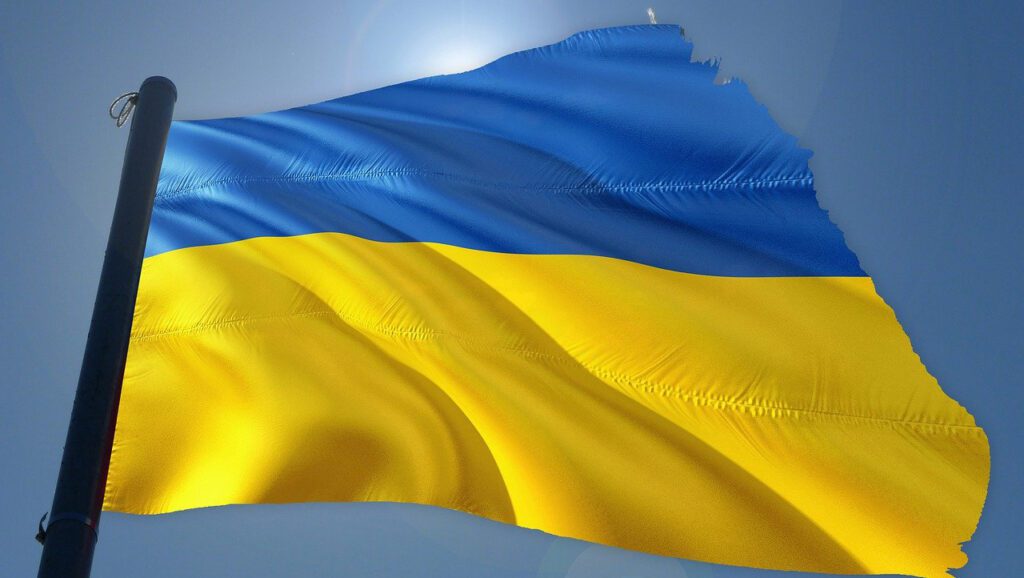While the world was commemorating World Health Day on Thursday, the World Health Organization (WHO) announced “a grim milestone in the war in Ukraine—more than 100 attacks on health care verified by WHO since the start of the war on 24 February.”
“It’s a truly sad irony that we are recording this milestone of over 100 attacks on health in Ukraine on World Health Day,” Dr. Hans Henri P. Kluge, WHO Regional Director for Europe, noted at the time.
According to WHO, “an attack on health care is any act of verbal or physical violence or obstruction or threat of violence that interferes with the availability, access, and delivery of curative and/or preventive health services” and can range from “physical violence, psychosocial threats, and intimidation to use of heavy weaponry against healthcare facilities, transport, personnel, patients, supplies and warehouses.”
The main mechanism for collecting primary source data on attacks on healthcare in countries with complex humanitarian emergencies is the WHO’s Surveillance System for Attacks on Health Care (SSA), which was launched in December 2017.
Out of the total of 108 attacks registered at the moment, 94 have impacted health facilities, 13 have impacted transport such as ambulances, 23 have impacted personnel, and 11 have impacted patients, the current SSA data shows.
Stressing the role of the WHO “to ensure supply lines remain open to allow lifesaving health and medical supplies to reach cities and towns nationwide,” Dr. Kluge pointed out that continued attacks make this effort all the more challenging praising at the same time “the resilience and fortitude of health care providers and the health system itself in Ukraine.”
Long-term consequences for the healthcare system
The bombing of the maternity and children’s hospital in Mariupol and the psychiatric hospital in Kharkiv are just two examples of how attacks on healthcare have been a prominent—and horrifying—feature of the war in Ukraine.
The impact of this violence, according to WHO, “is not only immediate, in the numbers of deaths and injuries but also long-term in the consequences for Ukraine’s health care system,” whose efforts to institute health reforms and achieve universal health coverage have been destroyed.
“The worst-case scenario really is what we’re seeing now, which is the lack of access to health care and the trauma.” said Heather Papowitz, WHO’s incident manager in Ukraine, as quoted by Euractiv. “People are going to start dying from common causes,” like diabetes and cardiovascular diseases, while children die from measles, pneumonia and diarrhea.”
Meanwhile, hepatitis C and HIV/AIDS were all ongoing challenges. As Bio.News previously reported, “the war has severely limited access to therapy,” “antiretroviral medication (ART) supplies are diminishing, and other support services have been drastically reduced or eliminated.”
Dr. Kluge elaborated on how the conflict has impacted healthcare in the country in a press briefing: “Routine immunization coverage for polio and measles is below the threshold for population immunity, 50% of Ukraine’s pharmacies are presumed closed, 1,000 health facilities are in proximity to conflict areas or in changed areas of control and roughly 80,000 babies will be born over the next three months with insufficient pre and postnatal care available due to the war.”
Possible war crimes
“Geneva Convention IV on the protection of civilians, along with customary IHL (international humanitarian law), extends protection to civilian medical units where the wounded and sick are cared for, including hospitals,” and violation of these protections is considered either a “grave breach” or a “war crime,” according to the Red Cross.
Even the Russian Federation’s Regulations on the Application of IHL (2001), states that “Persons protected by international humanitarian law include medical and religious personnel. Attacks against such persons are prohibited.”
“In Ukraine, such attacks have not only disrupted the continuity of health care, which provides critical services for the civilian population: They have also killed dozens of medical staff and patients, according to anonymized data published by the World Health Organization (WHO),” DW reported.
Amnesty International also pointed out that “by carrying out indiscriminate attacks on civilian areas and strikes on protected objects such as hospitals, Russia’s actions may constitute war crimes.”




